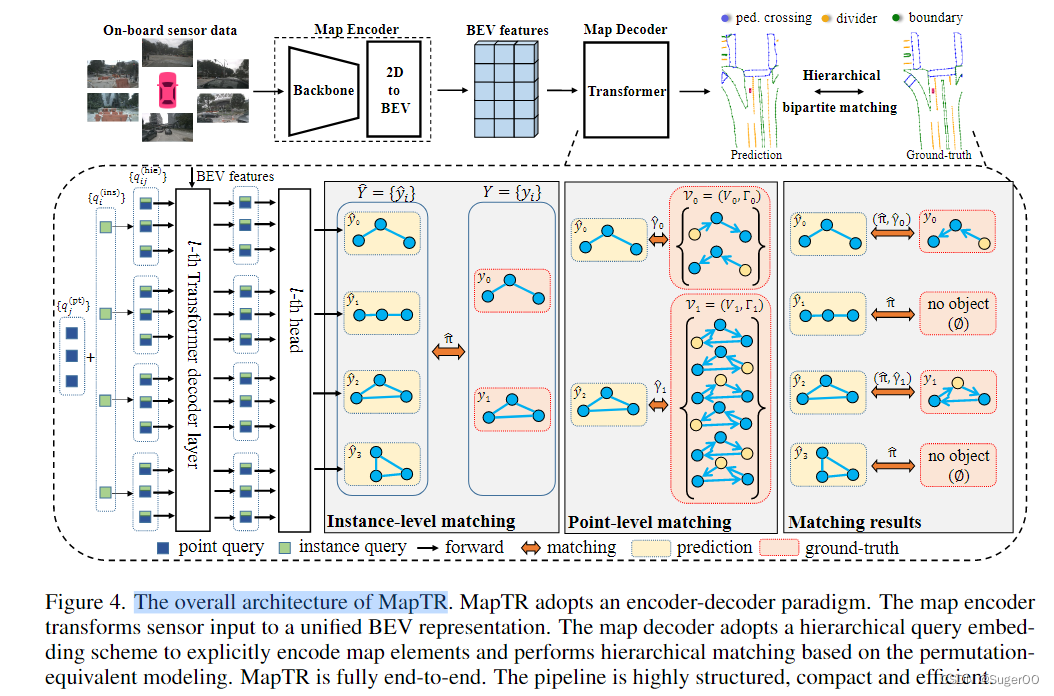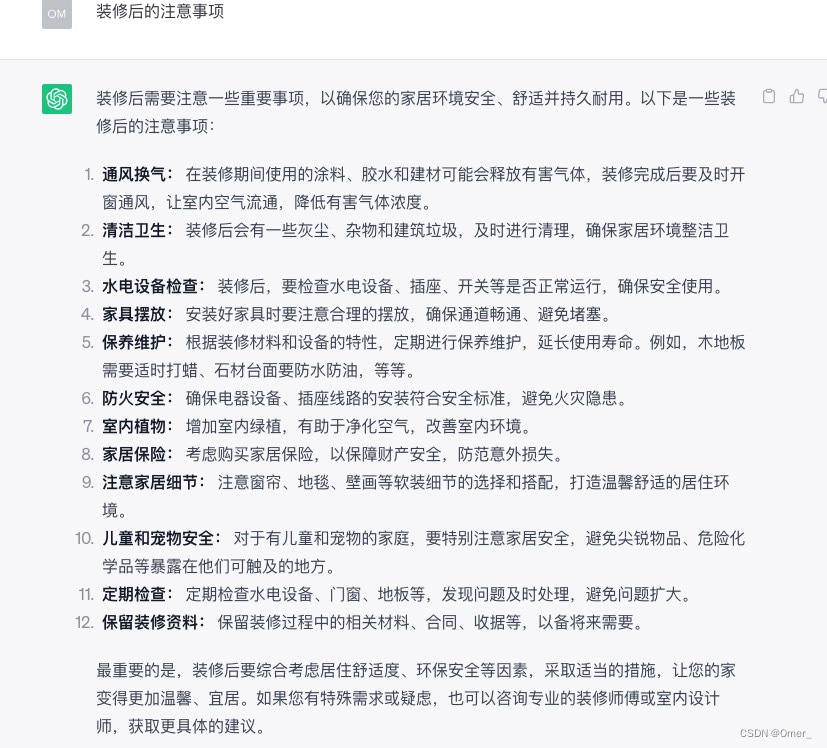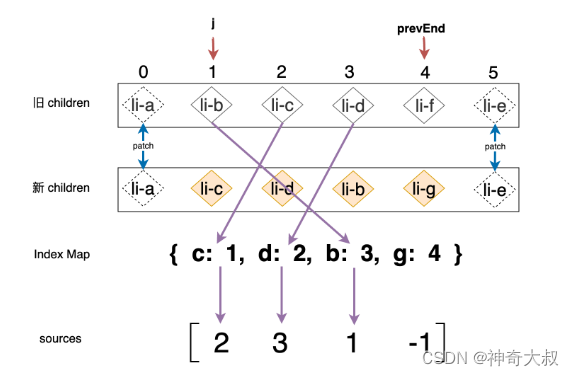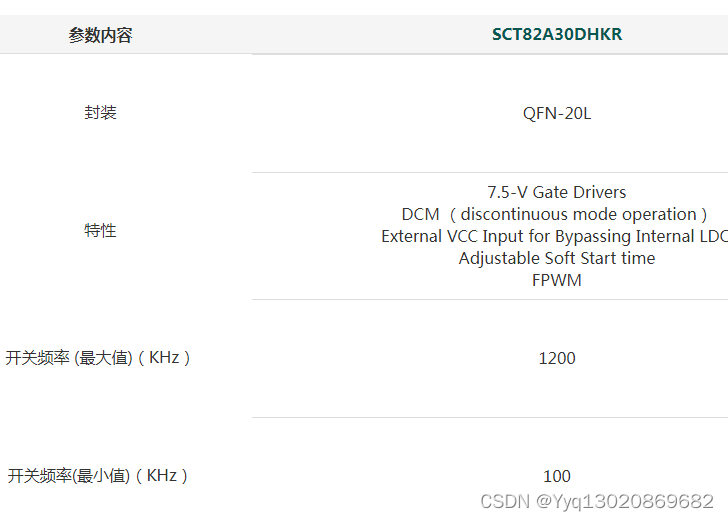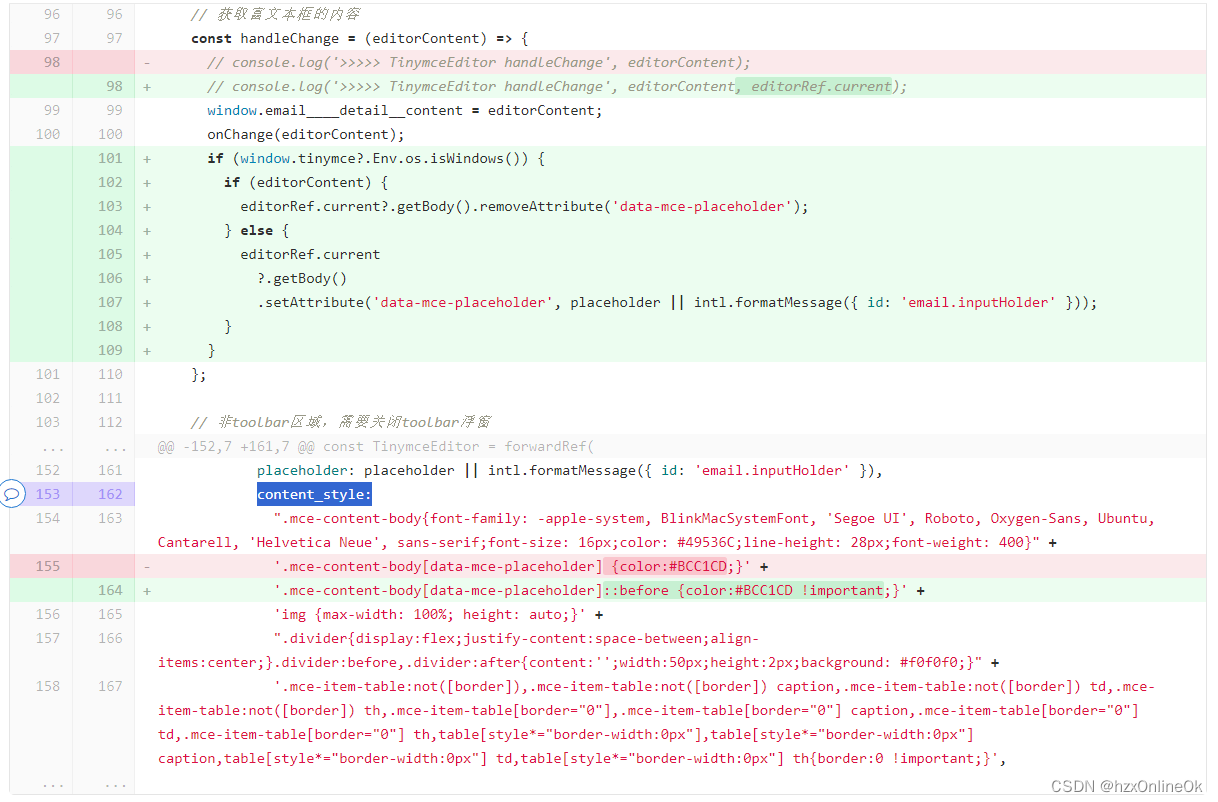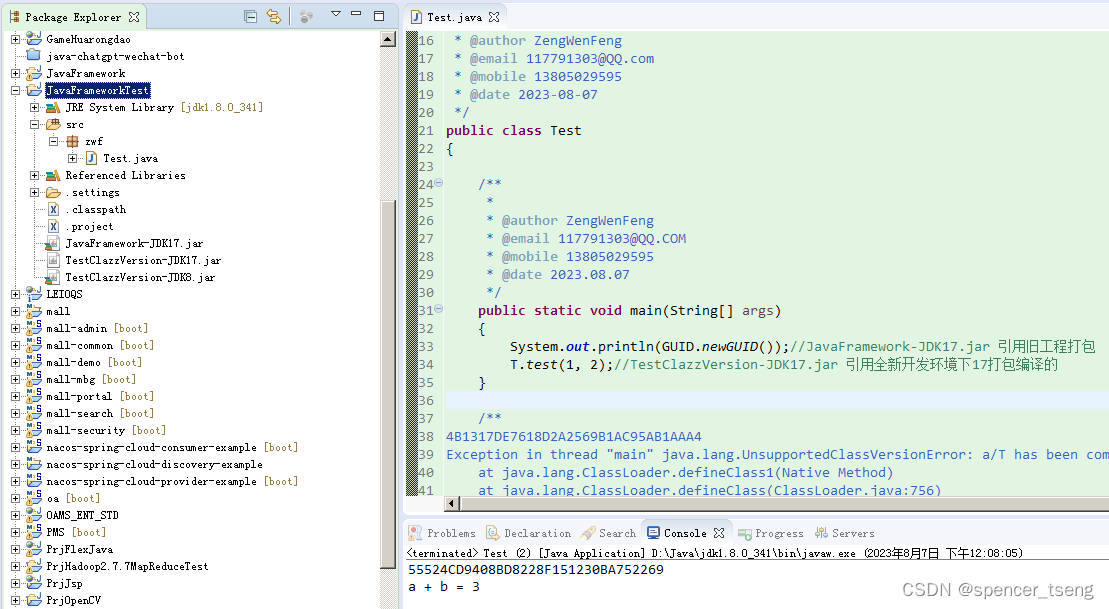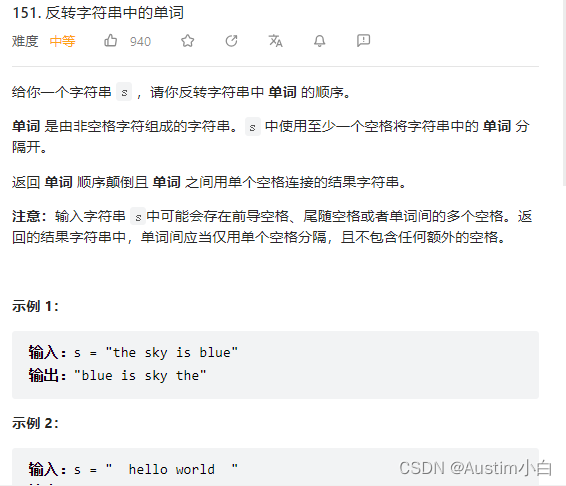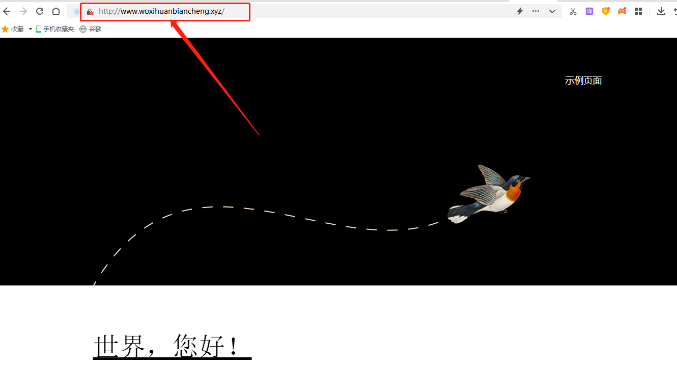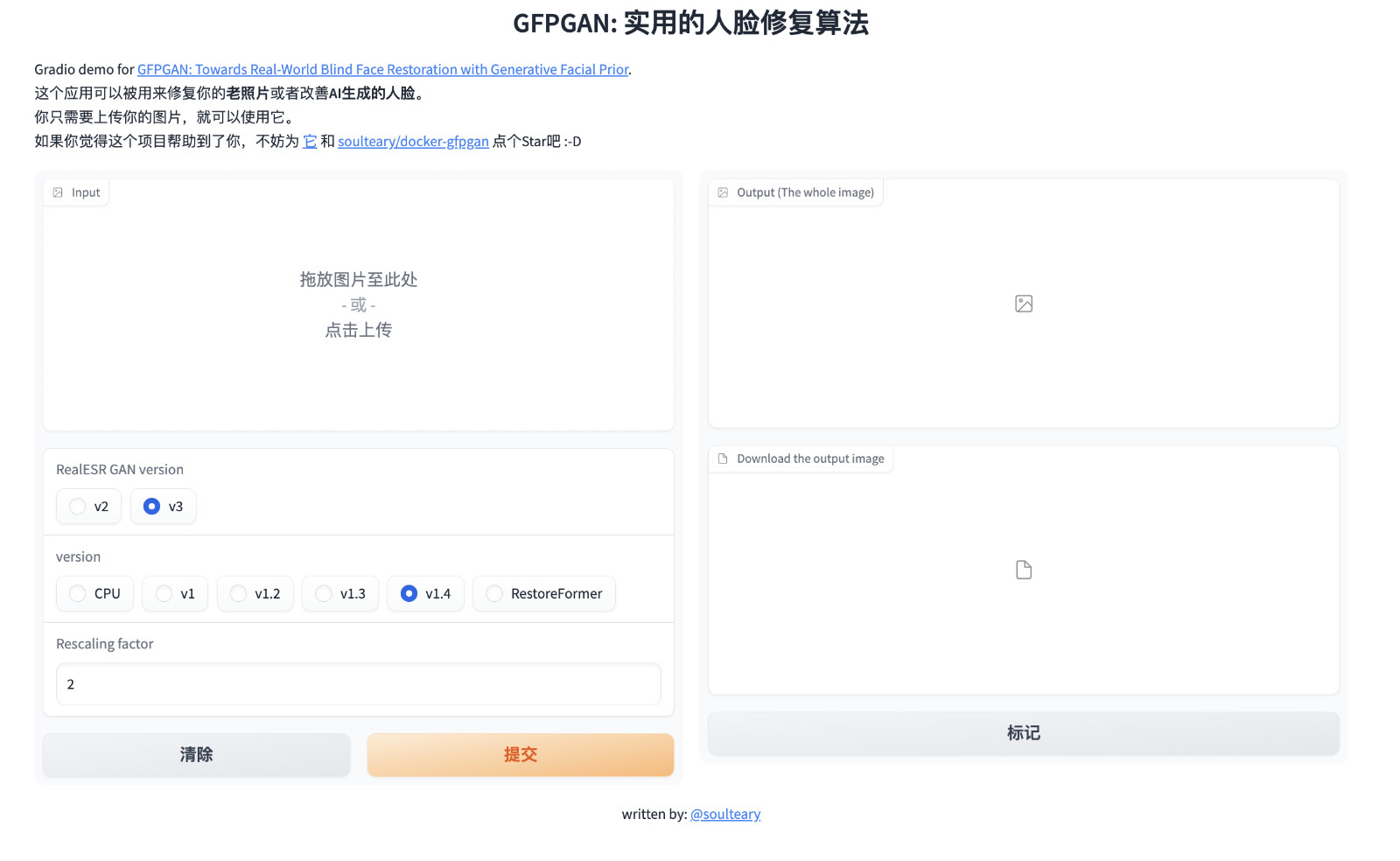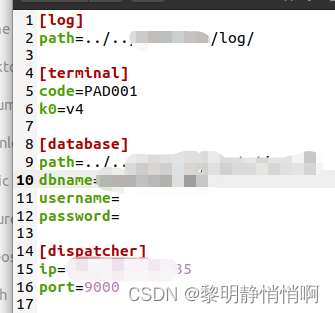😏★,°:.☆( ̄▽ ̄)/$:.°★ 😏
这篇文章主要介绍事件驱动库libevent配置使用。
无专精则不能成,无涉猎则不能通。——梁启超
欢迎来到我的博客,一起学习,共同进步。
喜欢的朋友可以关注一下,下次更新不迷路🥞
文章目录
- :smirk:1. 项目介绍
- :blush:2. 环境配置
- :satisfied:3. 使用说明
😏1. 项目介绍
项目Github地址:https://github.com/libevent/libevent
官网:https://libevent.org/
libevent是一个开源的事件通知库,它提供了一个跨平台的接口,用于处理事件驱动的编程。它允许开发人员编写高性能、可扩展的网络应用程序和服务器,而无需关注底层的网络细节。
以下是libevent库的一些主要特点和功能:
1.事件驱动:libevent使用事件驱动的方式处理网络和I/O操作。它基于回调机制,可以处理各种事件,包括网络连接、读写操作、定时器等。
2.跨平台支持:libevent可以在多个平台上运行,包括Linux、Unix、Windows等。它封装了不同操作系统的底层API,使开发人员能够在不同平台上实现相同的功能。
3.高性能:libevent被设计成高效的事件通知引擎,它使用了高效的I/O多路复用技术(如epoll、kqueue等),能够同时处理大量的并发连接和事件。
4.可扩展性:libevent提供了可扩展的接口和机制,开发人员可以自定义事件的处理方式,并添加自定义的事件类型。它还支持多线程和多进程编程模型,方便实现并发处理。
5.支持多种协议:libevent支持多种网络协议,包括TCP、UDP、SSL等。它提供了相应的API和功能,以便开发人员轻松地构建各种网络应用程序。
6.容易使用:libevent具有简洁的API和良好的文档,易于学习和使用。它提供了丰富的示例代码和教程,帮助开发人员快速上手。
总的来说,libevent是一个强大、灵活且高效的事件通知库,广泛用于开发网络应用程序、服务器和高性能系统。
😊2. 环境配置
下面进行环境配置:
# apt安装
sudo apt install libevent-dev
# 查看版本(ubuntu默认2.1.8-stable)
pkg-config --modversion libevent
# 源码安装
tar -zxvf libevent-2.0.22-stable.tar.gz
cd libevent-2.0.22-stable/
./configure
make
sudo make install
😆3. 使用说明
下面进行使用分析:
最简示例:
#include <event2/event.h>
#include <iostream>
void eventCallback(evutil_socket_t fd, short events, void* arg) {
std::cout << "Event occurred on socket: " << fd << std::endl;
}
int main() {
// 创建一个event_base对象,用于管理事件循环
event_base* base = event_base_new();
if (!base) {
std::cerr << "Failed to create event base." << std::endl;
return 1;
}
// 创建一个事件
event* ev = event_new(base, -1, EV_PERSIST, eventCallback, nullptr);
if (!ev) {
std::cerr << "Failed to create event." << std::endl;
event_base_free(base);
return 1;
}
// 添加事件到事件循环
timeval delay = { 2, 0 }; // 设定事件触发延迟时间为2秒
event_add(ev, &delay);
// 启动事件循环
if (event_base_dispatch(base) == -1) {
std::cerr << "Failed to dispatch event base." << std::endl;
event_free(ev);
event_base_free(base);
return 1;
}
// 清理资源
event_free(ev);
event_base_free(base);
return 0;
}
编译运行:
g++ -o main main.cpp -levent
./main
基于libevent的线程池示例:
#include <event2/event.h>
#include <event2/thread.h>
#include <iostream>
#include <vector>
#include <queue>
#include <mutex>
#include <condition_variable>
#include <functional>
#include <thread>
// 任务结构体
struct Task {
std::function<void()> function;
Task(const std::function<void()>& f) : function(f) {}
};
// 线程池类
class ThreadPool {
public:
ThreadPool(int numThreads) : stop(false) {
// 初始化libevent线程支持
evthread_use_pthreads();
for (int i = 0; i < numThreads; ++i) {
threads.emplace_back([this] {
event_base* base = event_base_new();
if (!base) {
std::cerr << "Failed to create event base." << std::endl;
return;
}
// 创建事件来触发任务执行
event* ev = event_new(base, -1, EV_PERSIST, [](evutil_socket_t fd, short events, void* arg) {
ThreadPool* threadPool = static_cast<ThreadPool*>(arg);
threadPool->executeTask();
}, this);
timeval delay = { 0, 1000 }; // 每隔1毫秒触发一次事件
event_add(ev, &delay);
// 执行事件循环
event_base_dispatch(base);
event_free(ev);
event_base_free(base);
});
}
}
~ThreadPool() {
{
std::unique_lock<std::mutex> lock(taskMutex);
stop = true;
}
taskCondition.notify_all();
for (auto& thread : threads) {
thread.join();
}
}
template<class F>
void enqueue(F&& f) {
{
std::unique_lock<std::mutex> lock(taskMutex);
tasks.emplace(new Task(std::forward<F>(f)));
}
taskCondition.notify_one();
}
private:
std::vector<std::thread> threads;
std::queue<Task*> tasks;
std::mutex taskMutex;
std::condition_variable taskCondition;
bool stop;
void executeTask() {
Task* task = nullptr;
{
std::unique_lock<std::mutex> lock(taskMutex);
if (tasks.empty()) {
return;
}
task = tasks.front();
tasks.pop();
}
task->function();
delete task;
}
};
// 示例使用
void taskFunction(int id) {
std::cout << "Task " << id << " is being executed." << std::endl;
}
int main() {
const int numThreads = 4;
ThreadPool threadPool(numThreads);
std::cout << "Create " << numThreads << " pools..." << std::endl;
// 提交任务到线程池
for (int i = 0; i < 10; ++i) {
threadPool.enqueue([i] {
taskFunction(i);
});
}
// 等待所有任务完成
std::this_thread::sleep_for(std::chrono::seconds(3));
std::cout << "Task end!!!" << std::endl;
return 0;
}
编译运行:
g++ -o main main.cpp -levent -lpthread -levent_pthreads

以上。


